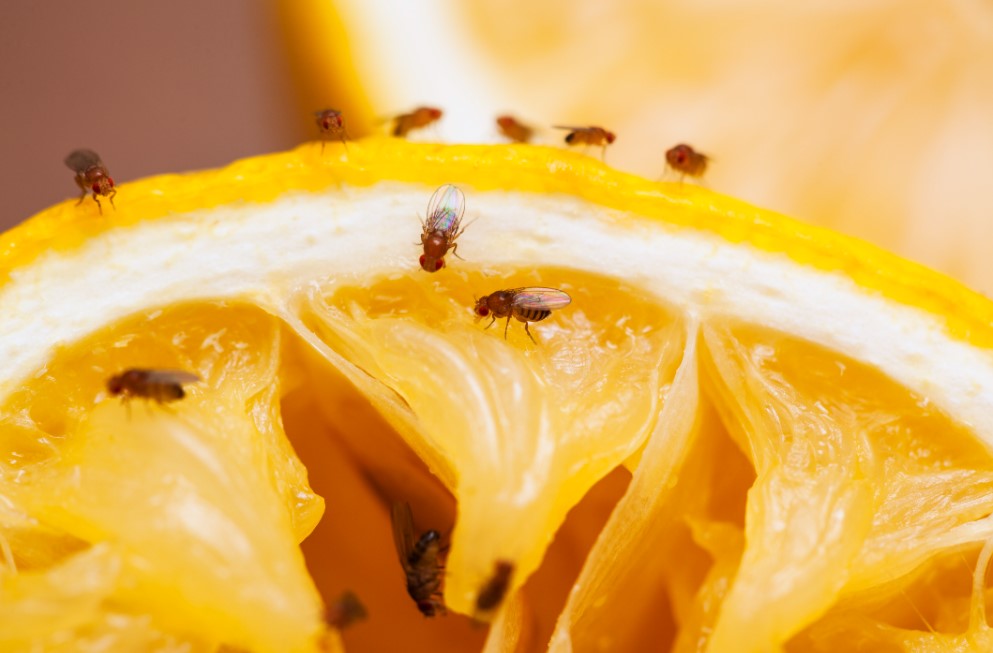
Fruit flies and new antibiotics
- BiotechnologyInternational News
- No Comment
- 400
Scientists at the University of Illinois Chicago have found that a peptide from fruit flies could lead to new antibiotics.
Their research, which is published in Nature Chemical Biology, shows that the natural peptide, called drosocin, protects the insect from bacterial infections by binding to ribosomes in bacteria. Once bound, drosocin prevents the ribosome from correctly completing its primary task — making new proteins, which cells need to function.
Protein production can be halted by interfering with different stages of translation — the process by which DNA is “translated” into protein molecules. The UIC scientists discovered that drosocin binds to the ribosome and inhibits translation termination when the ribosome reaches the stop signal at the end of the gene.
“Drosocin is only the second peptide antibiotic known to stop translation termination,” said Alexander Mankin, study author and Distinguished Professor from the Center for Biomolecular Sciences and the department of pharmaceutical sciences in the College of Pharmacy. The other, called apidaecin and found in honeybees, was first described by UIC scientists in 2017.
The UIC lab, which is co-run by Mankin and Nora Vázquez-Laslop, research professor in the College of Pharmacy, managed to produce the fruit fly peptide and hundreds of its mutants directly in bacterial cells.
“Drosocin and its active mutants made inside the bacteria forced bacterial cells to self-destruct,” Mankin said.
Source: University of Illinois Chicago
https://www.sciencedaily.com/releases/2023/06/230606111641.htm


